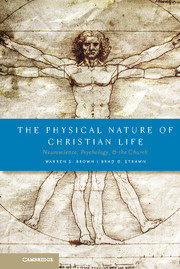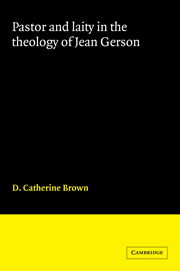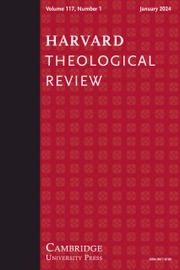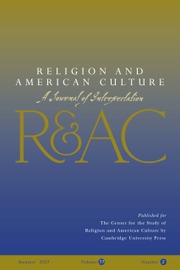The Physical Nature of Christian Life
This book explores the implications of recent insights in modern neuroscience for the church's view of spiritual formation. Science suggests that functions of the
brain and body in collaboration with social experience, rather than a disembodied soul, provide physical basis for the mental capacities, interpersonal relations, and religious experiences of human beings. The realization that human beings are wholly physical, but with unique mental, relational, and spiritual capacities, challenges traditional views of Christian life as defined by the care of souls, a view that leads to inwardness and individuality. Psychology and neuroscience suggest the importance of developmental openness, attachment, imitation, and stories as tools in spiritual formation. Accordingly, the idea that care of embodied persons should be fundamentally social and communal sets new priorities for encouraging spiritual growth and building congregations.
- Uses the perspectives and discoveries of modern neuroscience and psychological theory to reconsider the formation and transformation of persons, as well as the life of Christian congregations
- Analyzes Christian life and the life of the church as embodied and social/communal - without a commitment to body-soul dualism
- Describes how dualist views of human nature led to the Gnosticism of modern Western Christian faith and worship
Product details
June 2012Hardback
9780521515931
190 pages
237 × 158 × 15 mm
0.39kg
1 b/w illus.
Available
Table of Contents
- 1. Introduction
- Part I. Human Nature as Physical:
- 2. Christian history and the two-part person
- 3. Embodiment of soulishness
- Part II. The Formation of Persons:
- 4. How bodies become persons
- 5. How relationships shape us
- 6. How we are changed and transformed
- Part III. Embodied Christian Life and the Church:
- 7. Why bodies need churches
- 8. Church bodies
- 9. The embodied church
- 10. Concluding thoughts: the church after dualism.






